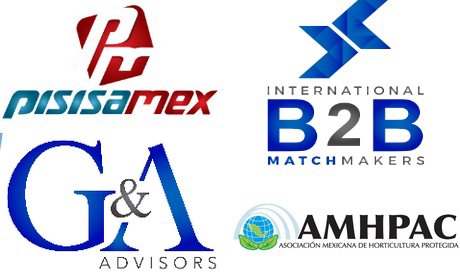The importance of the relationship between the United States and Mexico goes beyond the commercial sphere; it is cultural, a relationship of friendship facilitated by the closeness between both countries. This relationship goes beyond current policies. In fact, in 2017, the commercial value of the products and services traded between Mexico and the United States was estimated at $ 616.6 billion dollars. US exports to Mexico were worth $ 272.2 billion, while imports from Mexico to the US were worth $ 340.3 billion.
According to the Government of Mexico, this country is currently the third most important trading partner for the United States and the largest supplier of agricultural products, especially in the categories of fresh fruits and vegetables, wines and beers and processed fruits and vegetables.
Ricardo Gallego, of G&A Advisors and B2B International Matchmakers, working in partnership with AMPAC, the Mexican Association of Protected Horticulture, has published a series of tips to overcome the most common issues and situations that Mexican companies face when carrying out commercial transactions with the US.
The main problems are usually the lack of knowledge about processes, procedures, licenses and permits, as well as the language barrier. Furthermore, Mexican exporters often complain of "being at the mercy of the representatives of distributors, suppliers or customers, something that can cause contracts to be signed by customs agencies, brokers or third parties without having understood the responsibility that this entails."



